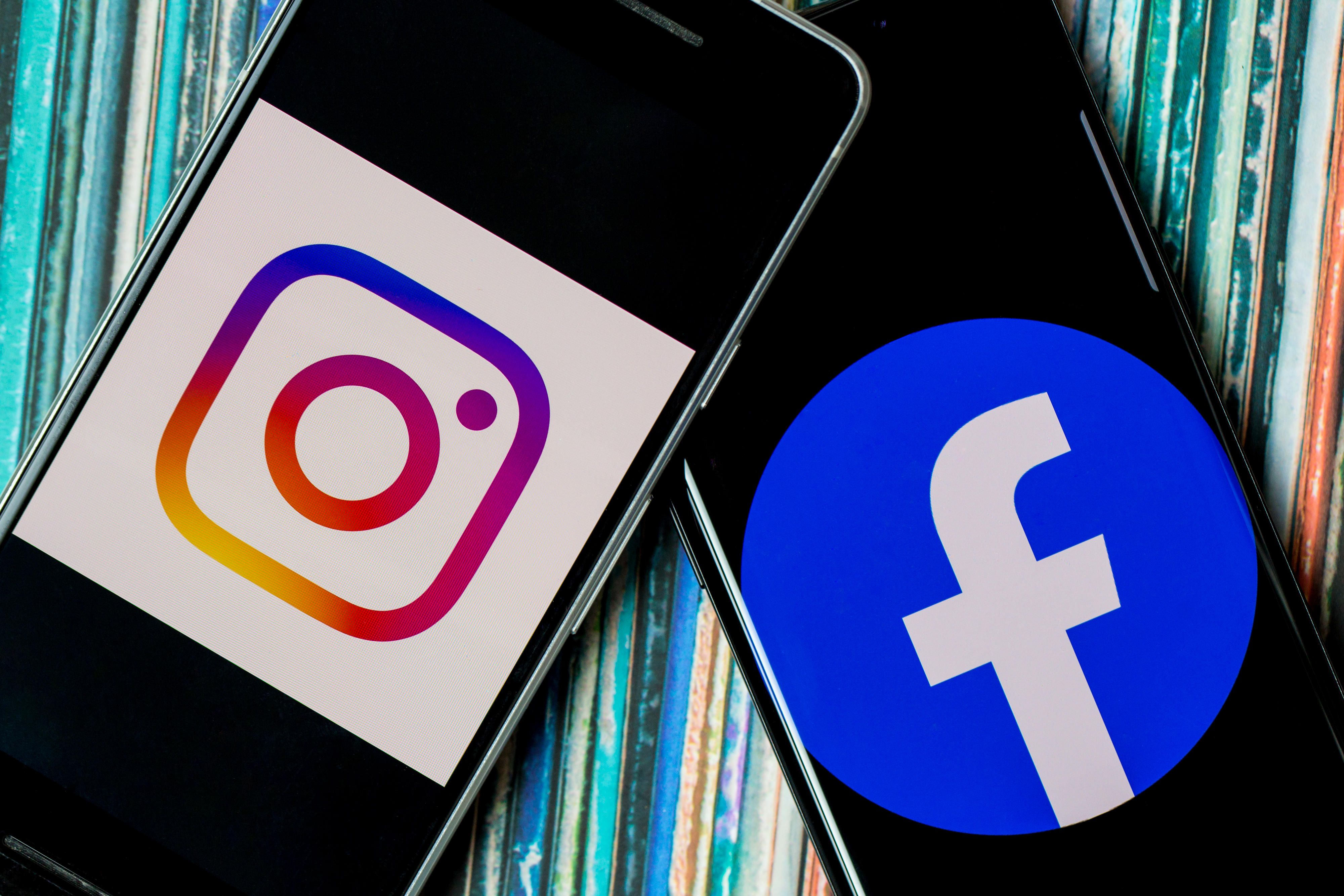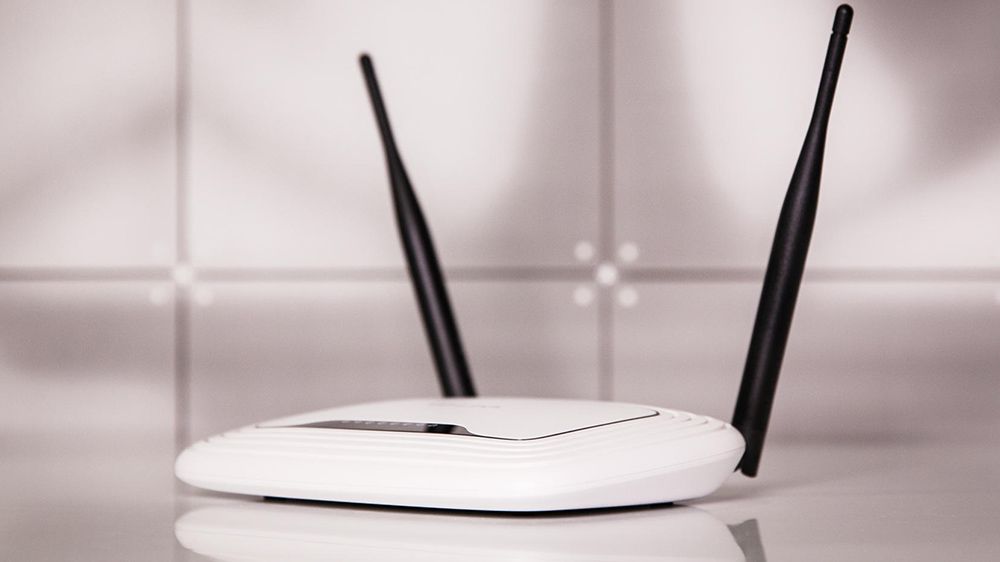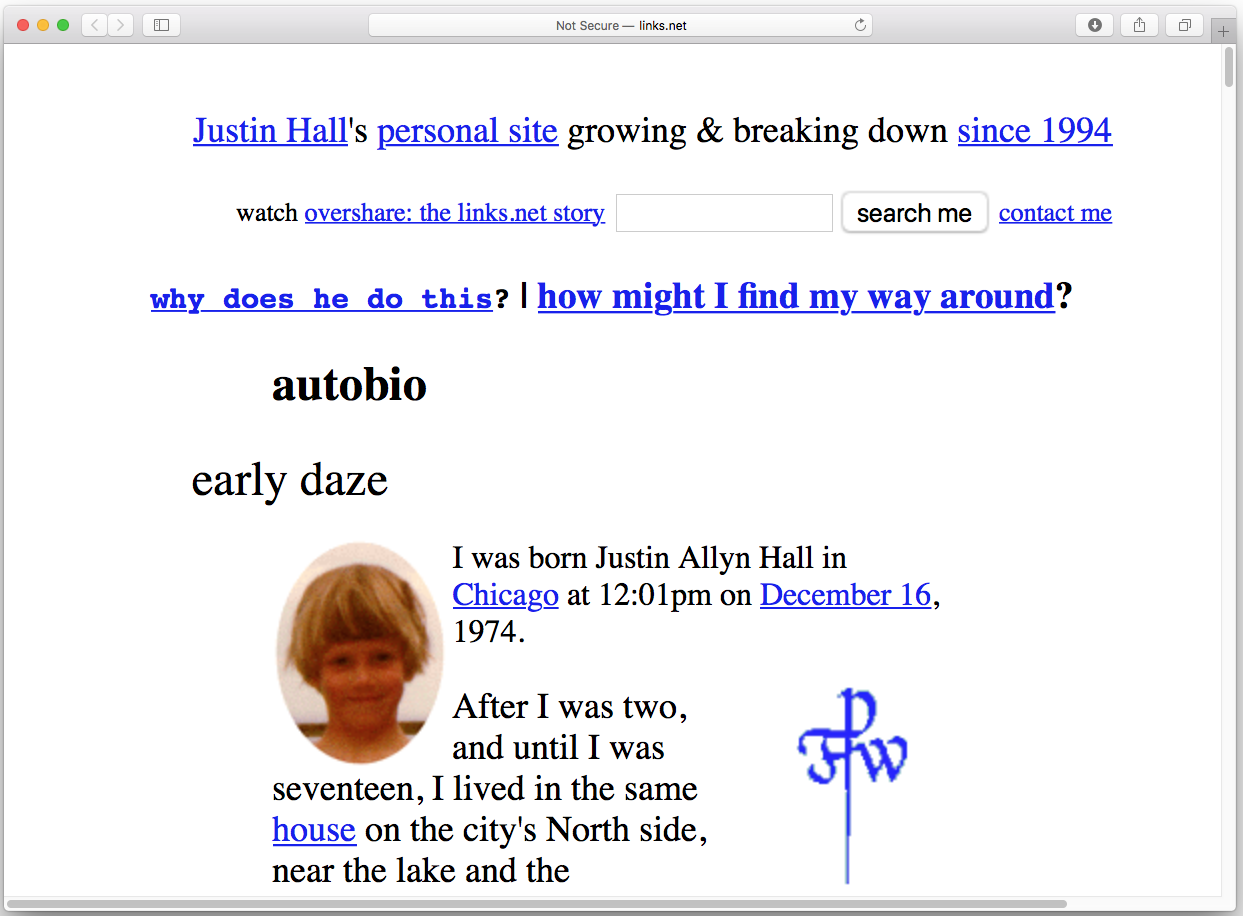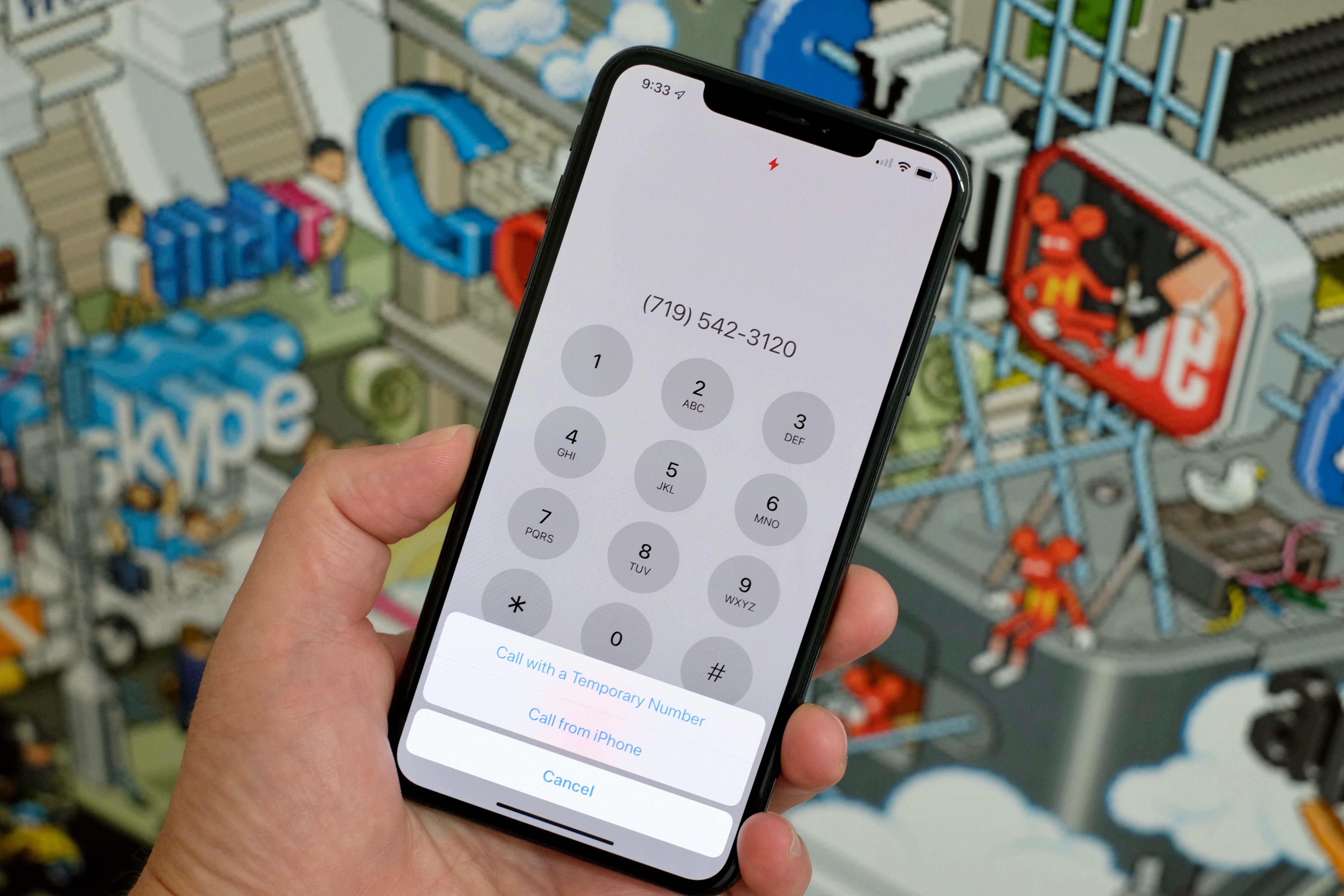The strange, thorny and sometimes sleazy origins of 11 tech terms you probably hear every day
Can you tell the difference between an emoji and an emoticon? Do you have FOMO over Foobar? Ever wonder if a firewall can end a flame war? If you know what all these tech terms mean, congratulations -- you're no longer a digital noob. But have you ever questioned why we call online instigators trolls? (Spoiler alert: it has nothing to do with Three Billy Goats Gruff.) Or which came first, blogs or the word blog? You may speak fluent tech jargon, but I bet you don't know what Wi-Fi stands for.
Even if you think you know your meme, the origins behind much of the lingo we use every day might surprise you. Like how Princess Leia's onscreen existence is connected to a Redditor with a celebrity fetish, or how a lazy fishing technique got mixed up with Scandinavian folktales in the bowels of Usenet.
Before you dish out another helping of nerd-word salad, take a look at the surprisingly weird, wonderfully layered and occasionally wanton origins of these 11 tech terms that get tossed around every day.


Deepfake: A sordid origin story
What it is: Deepfake combines "deep learning" (an algorithm) with "fake," and refers to convincingly realistic video forgeries. The technology can be used for good, like when filmmakers brought Carrie Fisher back to life as Princess Leia in Rogue One and The Rise of Skywalker, or not so good, as was originally intended (see below).
Where it comes from: Porn. Specifically, a Reddit user with the handle "deepfakes" who created and posted fake celebrity porn videos on the anonymous social network in 2017. Since then, Reddit has banned "involuntary pornography," and places like California and Virginia have made it illegal.
FOMO: When envy becomes anxiety
What it means: FOMO is an acronym for "fear of missing out" and describes the anxiety that arises over your social choices, such as when friends are posting photos of one party while you're at another (or worse, at home alone).

Where it comes from: A 2004 op-ed in Harvard Business School's The Harbus used FOMO to describe the tendency of freshmen students to exhaust themselves by trying to attend every campus event.
Noob: A slur for newbies
What it is: Noob is a condescending term for a beginner gamer or technological neophyte, aka a newbie. Alternative spellings include newb and n00b (with zeros).
Where it came from: The term newbie can be traced as far back as the 1850s, meaning "someone new at something," but it wasn't until around 2000 that the shortened, pejorative form, noob, came into common use among online gamers.

There's no 'why' in Wi-Fi
What it is: Consumer-grade Wi-Fi was released in 1997 and refers to a wireless network that connects devices such as computers, phones, tablets, TVs and smart home gadgets to the internet and each other. Wi-Fi can also mean the wireless radio signal itself.
What does it stand for? Absolutely nothing. It basically just sounds catchy and rhymes with hi-fi (as in "high-fidelity" sound quality). Some claim it means "wireless fidelity," but a founding member of the Wi-Fi Alliance has pointed out how that phrase is just as meaningless.
Blogs: Logging the web
What it is: Blog (short for "web log" or "weblog") originally described websites where individuals posted entries in topic-related journals, like a travelogue or a collection of favorite recipes. Today, blogs range from the personal to the professional and even some that are corporate, with many focused on earning income through affiliate marketing and gaming search algorithms to generate more traffic.

Where it started: The first website that looked like a blog was created by a student at Swarthmore College in 1994 on Links.net, although the term wasn't coined until 1997 on a blog that collected interesting facts and articles from around the web called Robot Wisdom.
Beware the trolls
Who goes there: A troll is an internet miscreant who picks fights, starts arguments or otherwise upsets others by posting provocative, off-topic, offensive comments in internet communities and forums. The first known use online dates back to 1992.
Where they come from: Although the trolls most people think of hail from Scandinavian folklore, internet trolls actually get their name from a fishing technique. Trawling (or trolling) is when you cast a net (or a baited line) off the back of a boat, then pull it around slowly to catch fish -- kind of like how trolls bait their victims by spewing vitriol across internet forums.

Firewalls: IT's unsung heroes
What they are: Firewalls are programs that stop cyberattackers from hijacking your phone, tablet, computer or network. The first commercial firewall software shipped in 1992.
Where they come from: Physical firewalls are literal walls, usually made of concrete, which are erected to stop fires from spreading throughout a building. As technology advanced, the term stuck around, so now you have a firewall made of steel in the floorboard of your car as well as one comprised of computer code on your Wi-Fi router.
Emoticons vs. emojis
What they are: Emoticons (a portmanteau of "emotion" and "icons") are strings of regular keyboard symbols that, arranged a certain way, end up forming images like the iconic smiley face :-), whereas emojis (combining the Japanese words for "picture" [eh] and "character" [moji]) are single-keystroke images -- for example, the other iconic smiley: